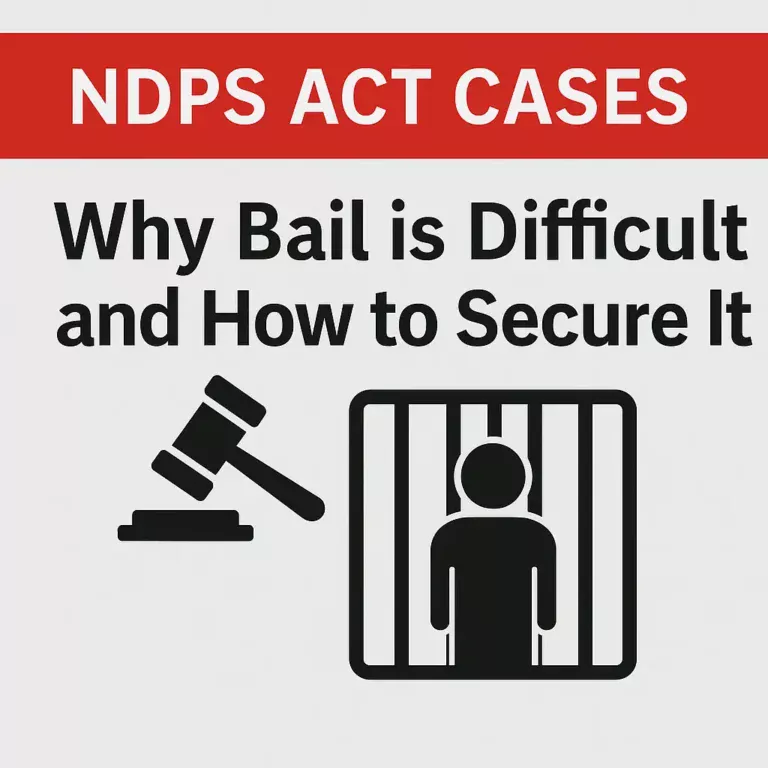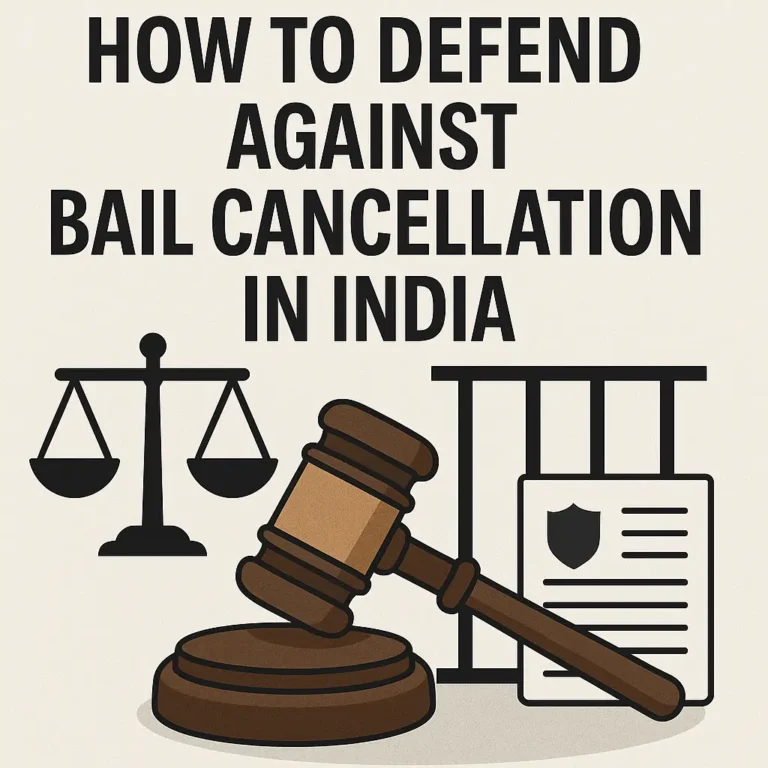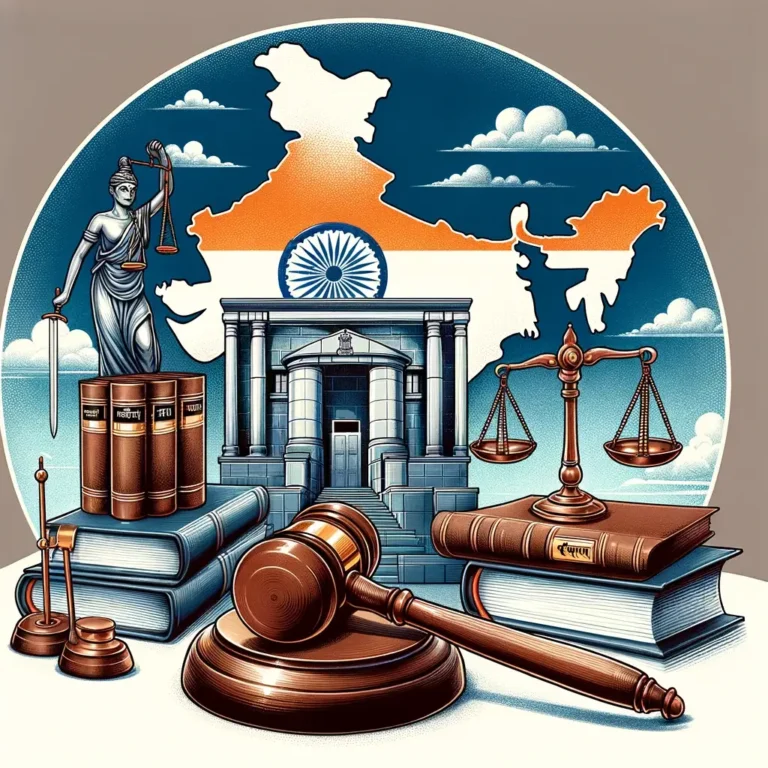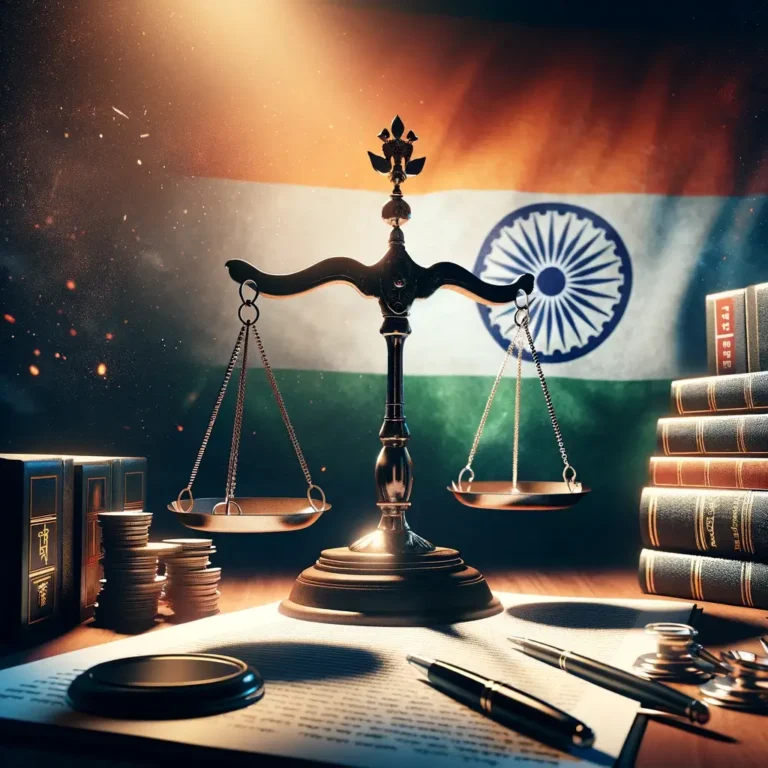In this article we have explained What to do if you Kill Someone in Self-Defense.In a world where safety can sometimes be a matter of life and death, self-defense emerges as a fundamental right. However, the aftermath of a self-defense scenario leading to the death of the aggressor can be legally complex, especially within the Indian judicial framework. This article aims to shed light on the necessary steps and legal rights under Indian law if you ever find yourself in such a predicament.
Understanding Self-Defense Under Indian Law
Legal Framework for Self-Defense
In India, the right to self-defense is protected under Sections 96 to 106 of the Indian Penal Code (IPC), 1860. These provisions clarify that an act, which is otherwise a criminal offense, can be justified under the right of private defense, exempting the defender from legal guilt if certain conditions are met.
Conditions for Legitimate Self-Defense
- Immediate Threat: The threat must be immediate and imminent, requiring instant action.
- Proportionate Force: The force used in defense must be proportionate to the threat posed.
- Non-Preventive Action: The action must be defensive, not pre-emptive or retaliatory.
What to Do If You Kill Someone in Self-Defense According to Indian Law
Contact the Authorities
Your first step should be to inform the police immediately. Failing to report the incident can lead to legal complications and may cast doubt on the self-defense claim.
Preserve the Evidence
Maintain the integrity of the scene until the police arrive, as it serves as crucial evidence in establishing your claim of self-defense.
Seek Legal Representation
Consult a lawyer who specializes in criminal defense to navigate the legal proceedings that will follow. A skilled attorney can effectively articulate the necessity of the actions taken in self-defense.
Navigating the Legal Process
Initial Investigation
The police will conduct an initial investigation to assess the validity of the self-defense claim. This will include collecting evidence, eyewitness accounts, and any relevant surveillance footage.
You can also read :- Role of Murder Case Lawyer
Legal Proceedings
If the case goes to court, the burden of proof often lies with the defendant to establish that the act was indeed in self-defense. This is where the evidence and legal arguments presented by your attorney are crucial.
Possible Outcomes
- Acquittal: If the court is satisfied with the evidence of self-defense, it may acquit you of the charges.
- Conviction: If the court finds the act exceeded the bounds of self-defense, it may result in a conviction.
Preventive Measures and Awareness
Understanding Your Rights
Awareness of your legal rights and the boundaries of self-defense is essential to avoid unintended legal breaches.
Self-Defense Training
Proper training can equip you with the knowledge to handle threats effectively while minimizing harm, thus staying within legal self-defense parameters.
Community Awareness Programs
Participating in or initiating community awareness programs on self-defense laws can empower more individuals with knowledge, potentially reducing the risk of legal complications in self-defense situations.
FAQs on Self-Defense and Legal Proceedings in India
- What is considered self-defense under Indian law?
- Self-defense is the right to protect oneself from physical harm using reasonable force, as defined under Sections 96 to 106 of the Indian Penal Code (IPC), 1860.
- Can I face charges for killing someone in self-defense?
- Yes, you may face charges initially, but if it’s proven that the act was in self-defense and met legal conditions, you can be acquitted.
- What should I do immediately after a self-defense incident?
- Contact the police, preserve the evidence, and seek legal counsel immediately.
- Is it necessary to report a self-defense incident to the police?
- Yes, reporting the incident is crucial to establish your version of events and validate your self-defense claim.
- How can I prove my action was in self-defense?
- Through evidence such as eyewitness accounts, medical reports, surveillance footage, and by demonstrating that the threat was immediate and your response proportionate.
- What does proportionate force mean?
- The force used should not exceed what is reasonably necessary to avert the threat.
- Can I use a weapon for self-defense?
- Using a weapon is permissible if deemed necessary to counter the threat, but the force must be proportionate to the threat posed.
- What if the attacker dies as a result of my self-defense actions?
- If it’s proven that the death was a result of necessary and proportionate force in self-defense, you may not be held criminally liable.
- Are there any exceptions to the right of self-defense?
- The right does not extend to causing more harm than necessary or using force against a law enforcement officer performing their duties, unless if you’re unaware of their identity.
- Will I go to jail while my self-defense claim is investigated?
- It depends on the circumstances and the evidence available at the time. Bail may be an option until the investigation is complete.
- How long does the legal process take in self-defense cases?
- The duration varies widely based on case complexity, evidence, legal representation, and the court’s schedule.
- Can I claim self-defense if I initiated the confrontation?
- Generally, self-defense is not valid if you are the aggressor, but there are exceptions, such as if you withdraw from the confrontation and are then pursued.
- What is the role of a lawyer in a self-defense case?
- A lawyer can guide you through the legal process, ensure your rights are protected, and argue your self-defense claim effectively in court.
- Are there any preventive legal measures I can take?
- Understanding your rights, self-defense laws, and obtaining proper training can help mitigate legal risks.
- What if there are no witnesses to the self-defense incident?
- Other evidence, such as physical injuries, surveillance footage, and forensic evidence, can be used to support your claim.
- Is verbal abuse considered a threat that justifies self-defense?
- Self-defense generally applies to immediate physical threats, though severe threats of violence could potentially justify preparatory defensive actions.
- Can I defend someone else under the right of self-defense?
- Yes, Indian law allows you to defend another person from harm under similar conditions to defending yourself.
- What are the consequences of exceeding reasonable force in self-defense?
- Exceeding reasonable force may lead to criminal charges, as the action may not be considered justifiable under self-defense.
- How does the court determine if the force used was proportionate?
- The court considers the nature of the threat, the means available to the defender, and the circumstances under which the threat was posed.
- Can I be sued civilly for injuring or killing someone in self-defense?
- Yes, the deceased’s family might sue for wrongful death or injury, even if you are acquitted criminally.
- What documentation should I keep after a self-defense incident?
- Keep a copy of the police report, medical records, photographs of the scene, and any communications with your lawyer.
- Does the law differentiate between self-defense against men and women?
- The legal principles of self-defense apply equally, regardless of the gender of the parties involved.
- Can minors claim self-defense?
- Yes, minors can claim self-defense, but the circumstances and the minor’s understanding will be carefully considered.
- What impact does the attacker’s intent have on my self-defense claim?
- The perceived intent of the attacker is crucial in justifying the necessity and proportionality of the defensive action taken.
- Are there any legal defenses other than self-defense for causing harm?
- Other defenses may include accident, consent, or insanity, depending on the case specifics.
- How do I find a lawyer experienced in self-defense cases?
- Research criminal defense attorneys with experience in self-defense cases or ask for recommendations from legal professionals.
- What if I cannot afford a lawyer?
- If you cannot afford a lawyer, the court may appoint a public defender to represent you.
- Can the use of self-defense be premeditated?
- Self-defense must be a response to an immediate threat. Premeditated actions are generally not considered self-defense.
- How does Indian law treat self-defense in domestic violence cases?
- Self-defense is a legitimate defense in domestic violence cases, provided the response is immediate and proportionate to the threat.
-
What are the best practices after a self-defense incident?
- Report the incident, seek medical attention if needed, document everything, and consult with a lawyer as soon as possible.
















